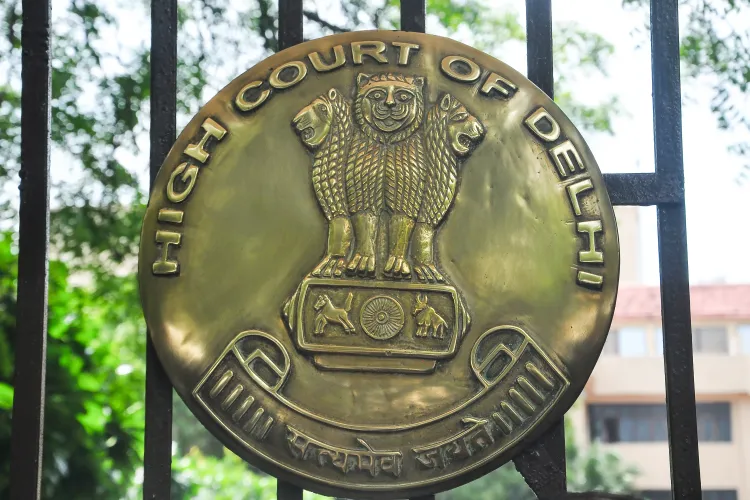Did the Delhi HC Overturn NHAI's CLAT (PG) Score Requirement for Recruitment?

Synopsis
Key Takeaways
- The Delhi High Court annulled NHAI's recruitment criteria based solely on CLAT (PG) scores.
- The court emphasized the need for rational and equitable hiring practices.
- Recruitment standards must align with the objectives of public employment.
- The ruling highlights the distinction between education eligibility and job suitability.
- Future recruitment processes must adhere to constitutional values.
New Delhi, Sep 24 (NationPress) The Delhi High Court has officially annulled a recruitment notification from the National Highways Authority of India (NHAI) that mandated “merit in CLAT (PG) score – 2022 onwards” as the exclusive criterion for hiring Young Professionals (Legal) on a contractual basis.
In a comprehensive ruling, a Bench consisting of Chief Justice Devendra Kumar Upadhyaya and Justice Tushar Rao Gedela determined that the recruitment standard lacked a “rational nexus” with the goals of public employment, thereby infringing upon Articles 14 and 16 of the Constitution.
“The selection process is intended for recruitment, selection, appointment, and employment rather than for advancing academic pursuits. Therefore, any criteria used to assess a candidate's suitability for higher education cannot be utilized for evaluating their fitness for public service,” noted the CJ Upadhyaya-led Bench.
The Delhi High Court emphasized that while CLAT (PG) is regarded as a reputable national examination for postgraduate law admissions, it should not be equated with qualifications for public sector roles.
“The eligibility criteria for pursuing higher education (post-graduation) and the standards for assessing suitability for public employment are fundamentally different,” the Bench articulated.
Additionally, highlighting the ambiguity in the notification, the court remarked: “A candidate could theoretically score zero marks in the CLAT (PG) exam and still qualify, while someone who did not sit for the exam at all would be disqualified. This stipulation lacks any reasonable justification.”
The Delhi High Court dismissed NHAI's argument that other organizations, including Public Sector Undertakings, utilize CLAT (PG) scores for recruitment.
“The fact that some other entities, including Public Sector Undertakings, rely on CLAT (PG) scores for employment is not a valid rationale for NHAI to implement the contested recruitment criteria,” the ruling asserted.
“The contested recruitment criteria that bases selection for the position solely on the CLAT (PG) score – 2022 onwards, is legally untenable and violates Article 14 and 16 of the Constitution of India,” concluded the Delhi High Court, thereby nullifying the notification issued on August 11, 2025, by NHAI.









